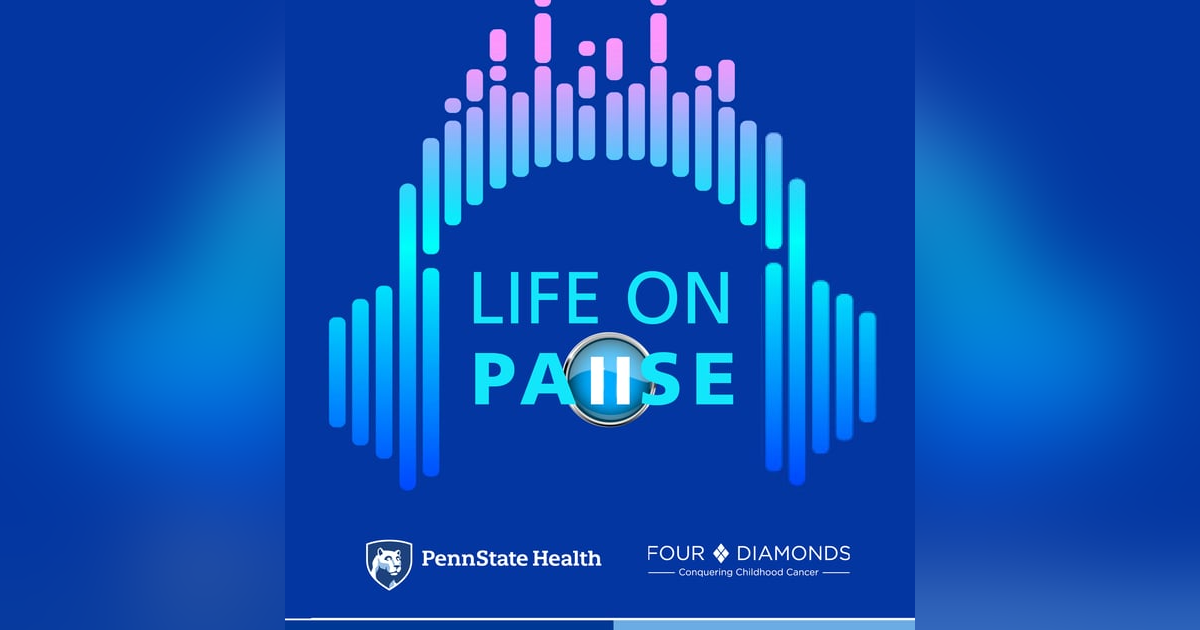Exercise with Treatment

Exercise plays a vital role in our quality of life. But for cancer patients focused on recovery, many are uninformed on healthy exercise practices for people in treatment. Unfortunately, exercise oncology is still an underserved area in medical science, and while recent progress has been made in the field, we still have a long way to go. So what should cancer patients know about exercise and treatment?
Life on Pause is a podcast created by and for young adults living with cancer. Within this episode, hosts Casey and Abbey are joined by guest speakers Dr. Mizrahi and Dr. Caru, two specialists working in the field of exercise oncology. Together they discuss the importance of proper exercise during treatment and encourage patients to participate in healthy activities to maintain their physical function. Additionally, our guests discuss the physical and mental benefits of physical activity throughout treatments and the many ways that exercise oncology research can help patients throughout their cancer journeys.
Listen to Casey, Abbey, Dr. Mizrahi and Dr. Caru discuss exercise and the cancer experience:
Guest Introductions (0:30)
Who better to talk about exercise and cancer than specialists in the fields of exercise oncology? Hosts Casey and Abby introduce their guest speakers, Dr. Mizrahi and Dr. Caru, who each provide a bit of background regarding their profession.
Dr. David Mizrahi is from Sydney, Australia. He is currently a research fellow at the Daffodil Center at the University of Sydney, living in the US during a Fulbright Future Fellowship at the St. Jude's Children's Research Hospital.
Dr. Maxime Caru is an exercise physiologist and a psychologist in pediatric oncology who works primarily with children, adolescents, and young graduate patients with cancer and survivors.
Exercise During Treatment (4:07)
To begin this episode's discussion, Casey introduces the topic of physical exercise during cancer treatment. Unfortunately, cancer treatments may cause physical conditions and ailments that discourage patients from exercising. However, Dr. Mizrahi and Dr. Caru share their thoughts on finding the right exercise plan that will be physically achievable for a patient in treatment without being too challenging. They also discuss how patients of different ages may find gamified physical activities more motivational.
Clinical Intervention and Motivation (8:30)
Clinical interventions can encourage cancer patients to exercise. Dr. Caru discusses the importance of motivating cancer patients to exercise and move past their fear of experiencing pain as a result of participating in physical activity. Additionally, Dr. Mizrahi explains why proper exercise education is critical for youths and can help them maintain a higher quality of life throughout adulthood.
Inpatient - Not Inactive (12:52)
Abbey spent many months throughout her inpatient cancer experience, which led to her becoming deconditioned. She asks guests what kind of resources they are planning for patients experiencing deconditioning. The guest specialists speak about their need for support from medical teams and for more centers to encourage exercise during treatment
Adherence and the Pandemic (14:33)
Any activity that involves physical exercise can help cancer patients to maintain their physical health and can even provide benefits to mitigate the side effects of their treatment. Dr. Mizrahi and Dr. Caru share some of their preferred exercise activities and highlight how adherence is key to maintaining a healthy exercise regime. The hosts and specialists also touch on the pandemic's effect on exercise and its growing popularity.
Best Exercises for Cancer Patients? (22:04)
No one exercise plan will work for every person, especially when you consider their differing ages, body types, health status, and more. But with the pandemic making it more difficult for immunocompromised patients to exercise in gyms safely, what do exercise oncology specialists recommend they do to stay active and improve their physical function? As Dr. Mizrahi and Dr. Caru explain, finding an exercise that patients enjoy and can do is a key part of the process, along with maintaining a slow and patient transition into starting physical activity.
Exercise Expectations (28:10)
Cancer patients' primary concern should be recovery, and cancer treatments can often cause side effects that make physical activity difficult. Rather than be discouraged, our guests explain that patients should adjust their expectations and try to enjoy their exercise activities instead of feeling burdened by them.
Misconceptions and Advice (32:58)
Finally, Casey and Abbey ask our guests about the biggest misconceptions and misunderstandings regarding exercise for cancer patients. Additionally, our guests share the tips they recommend to cancer patients interested in incorporating exercise into their lives, and speak on the mental health benefits of exercise throughout the cancer experience.


